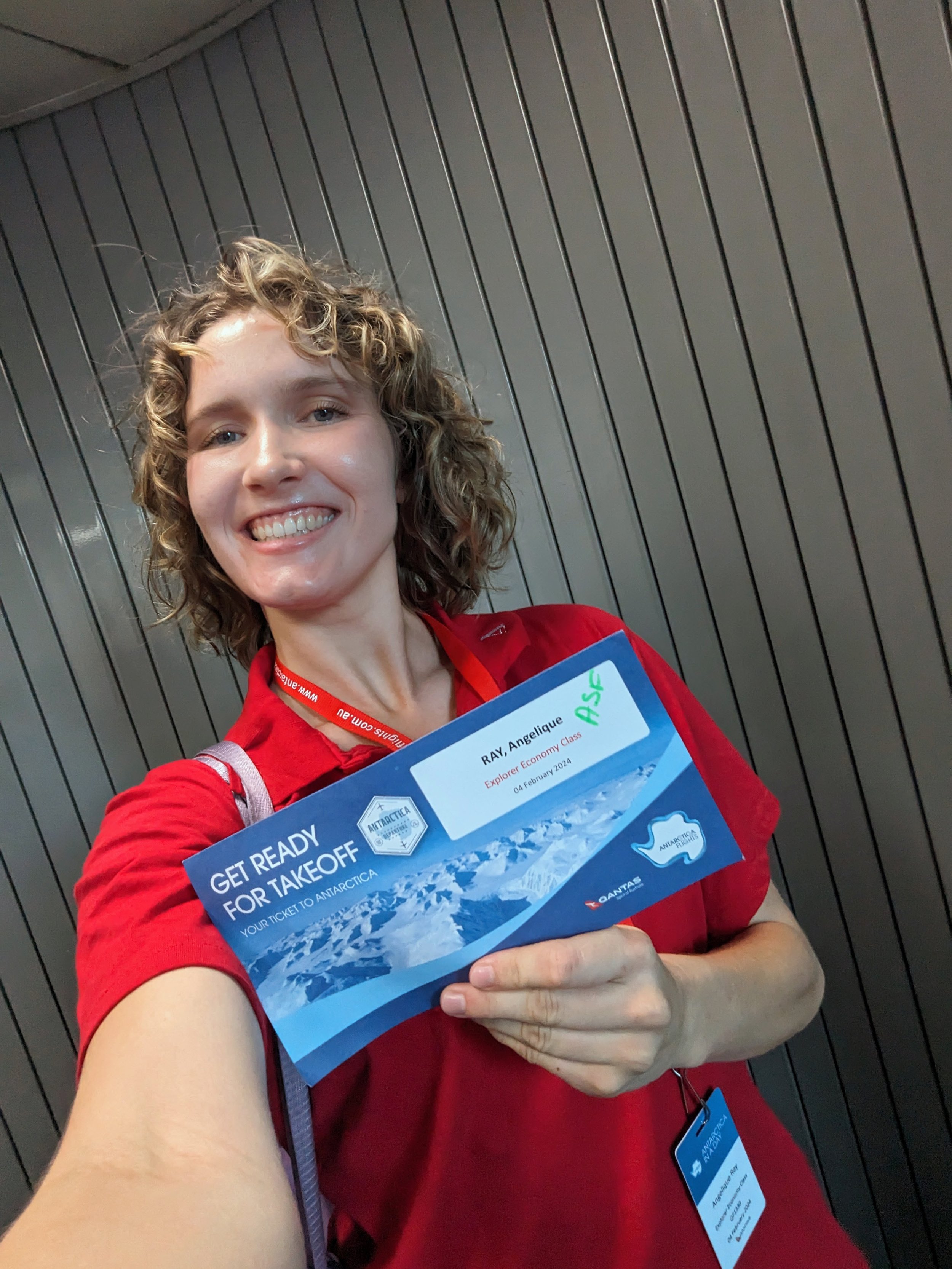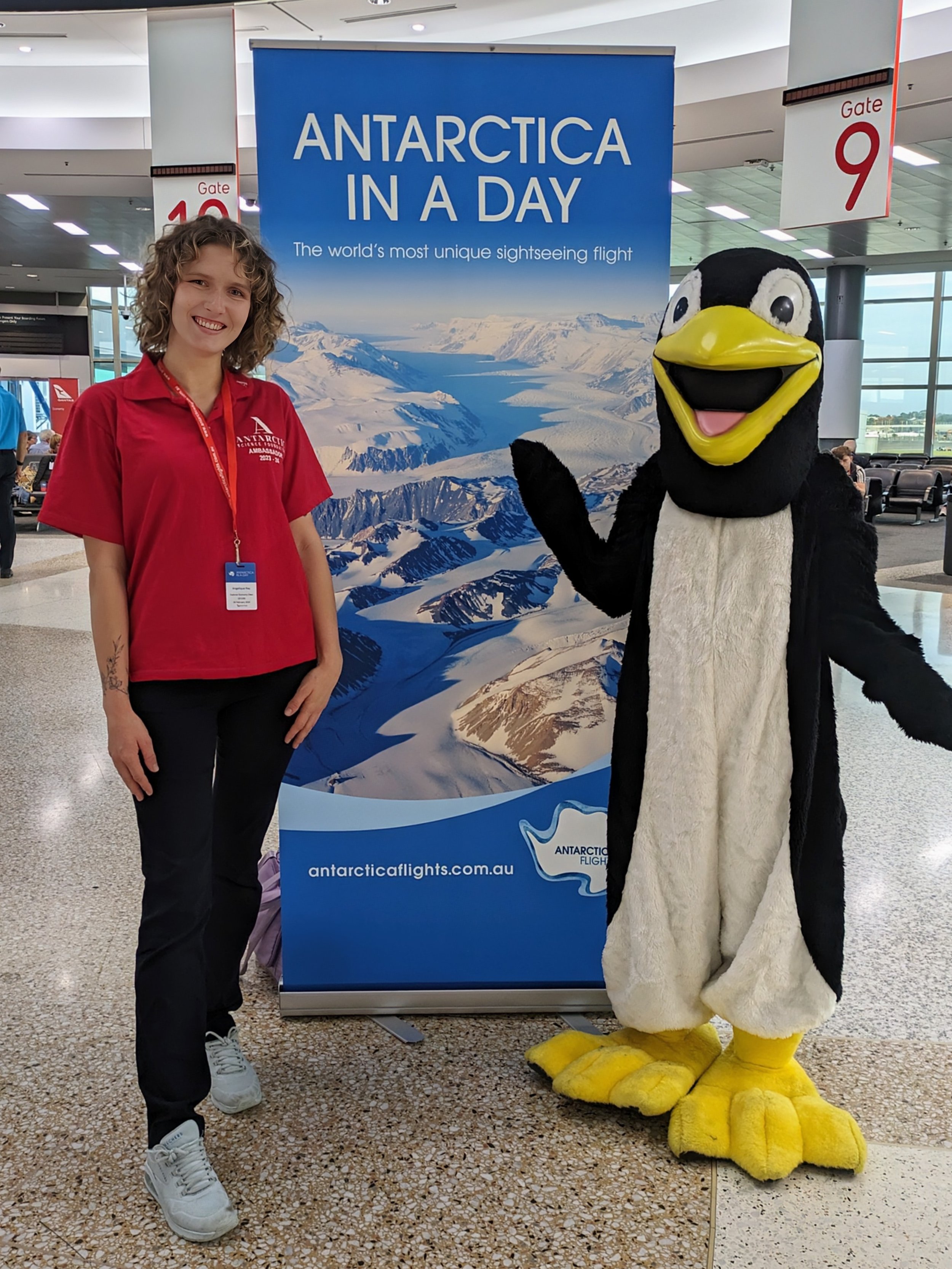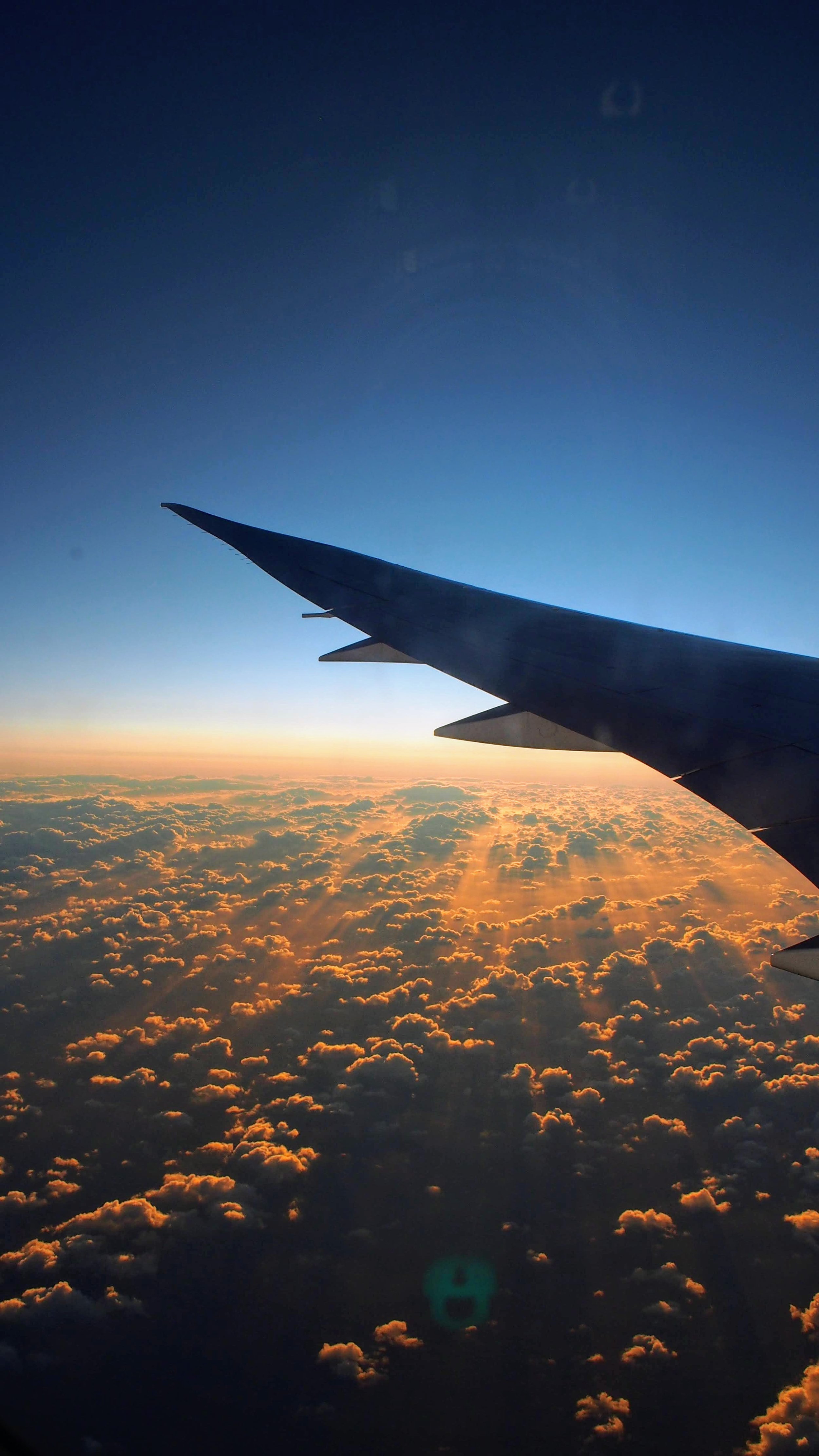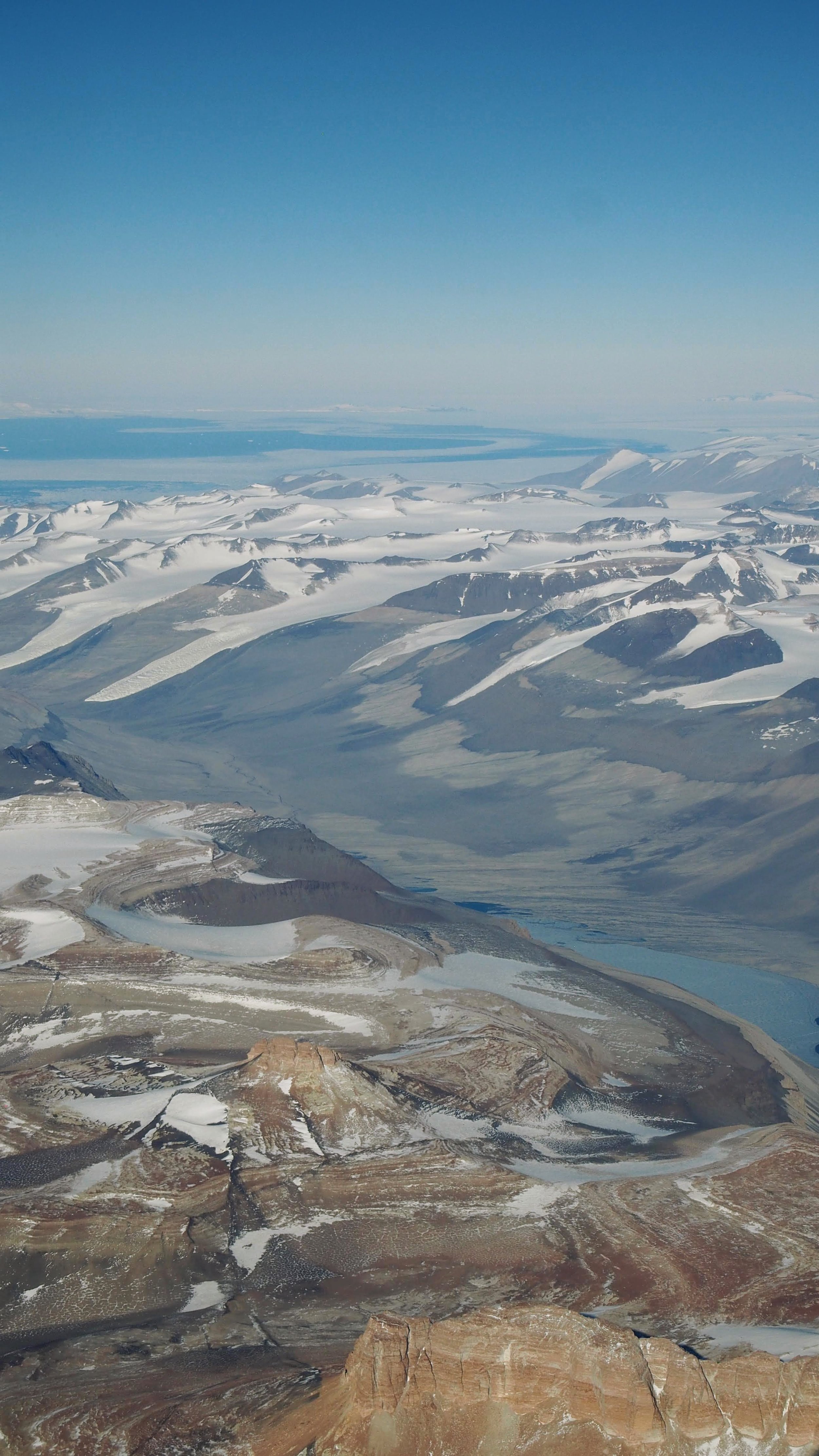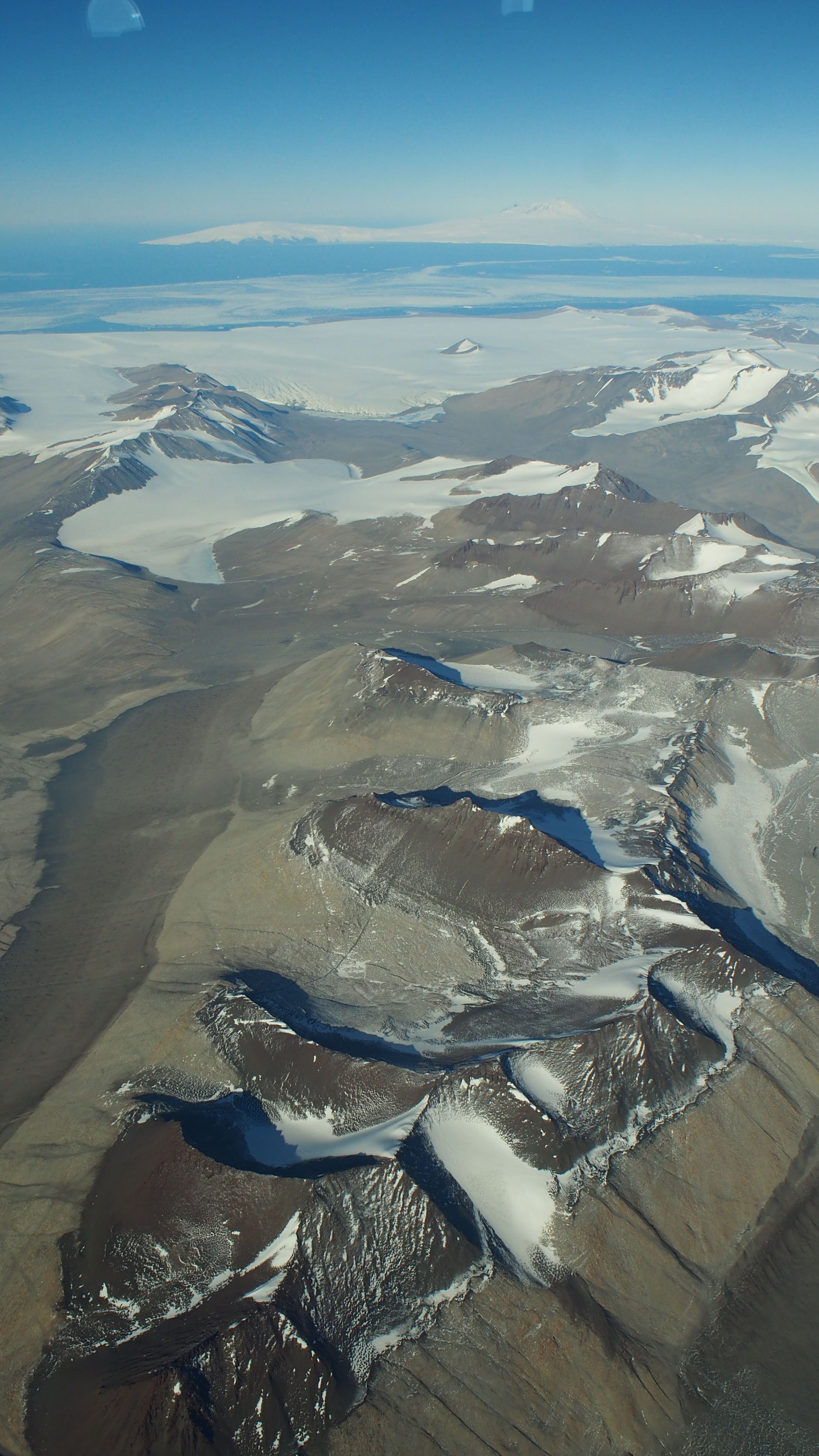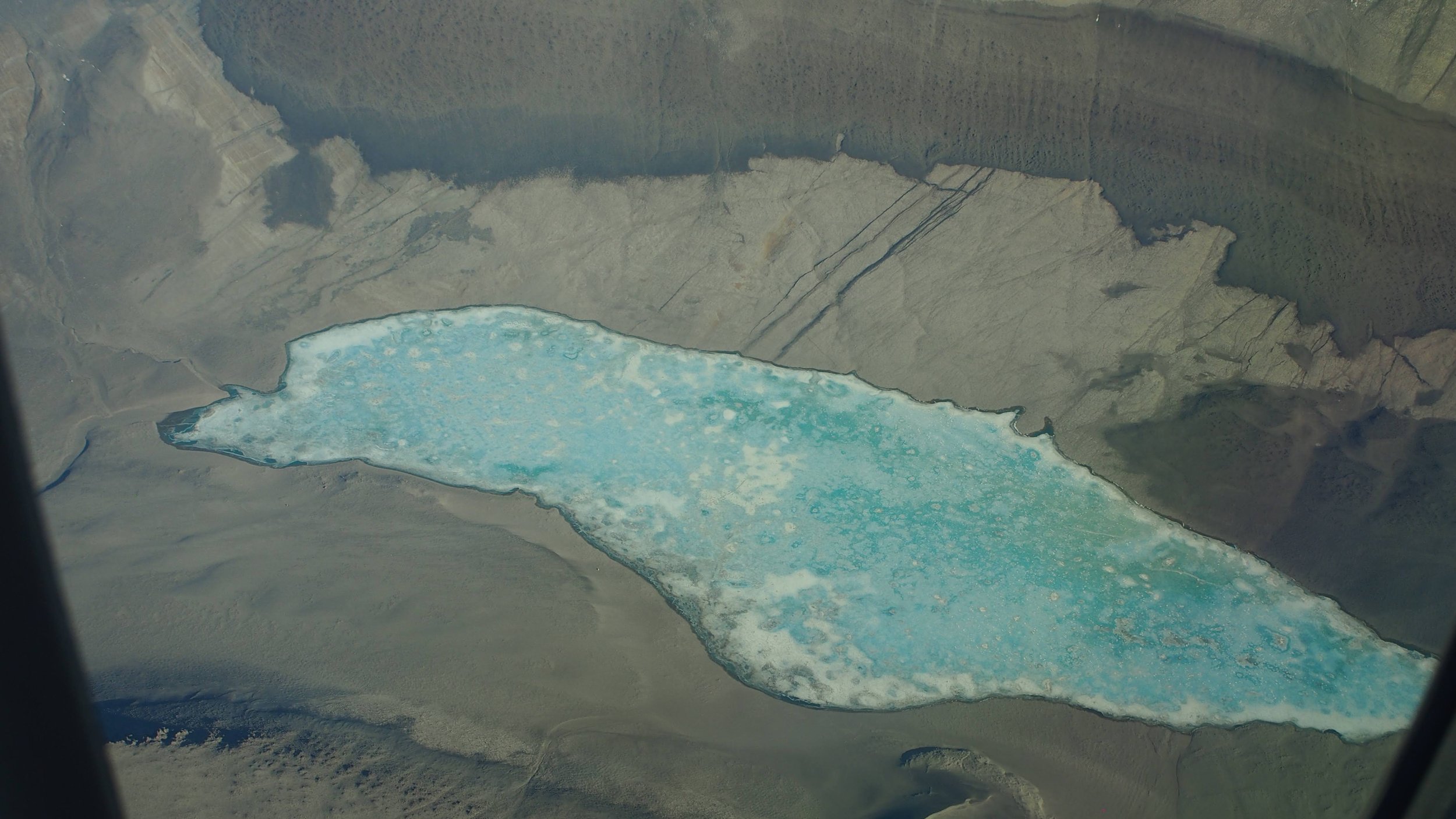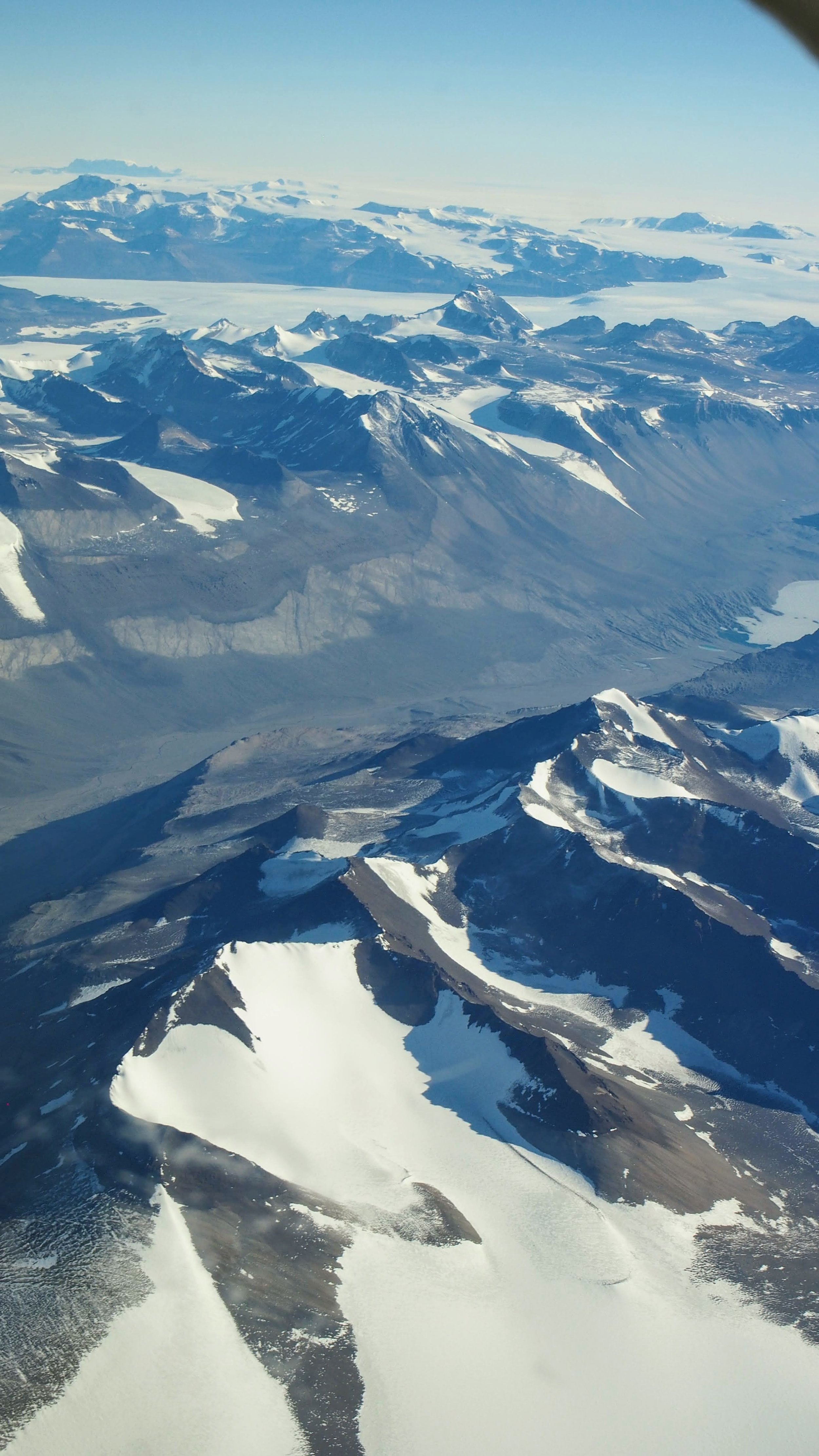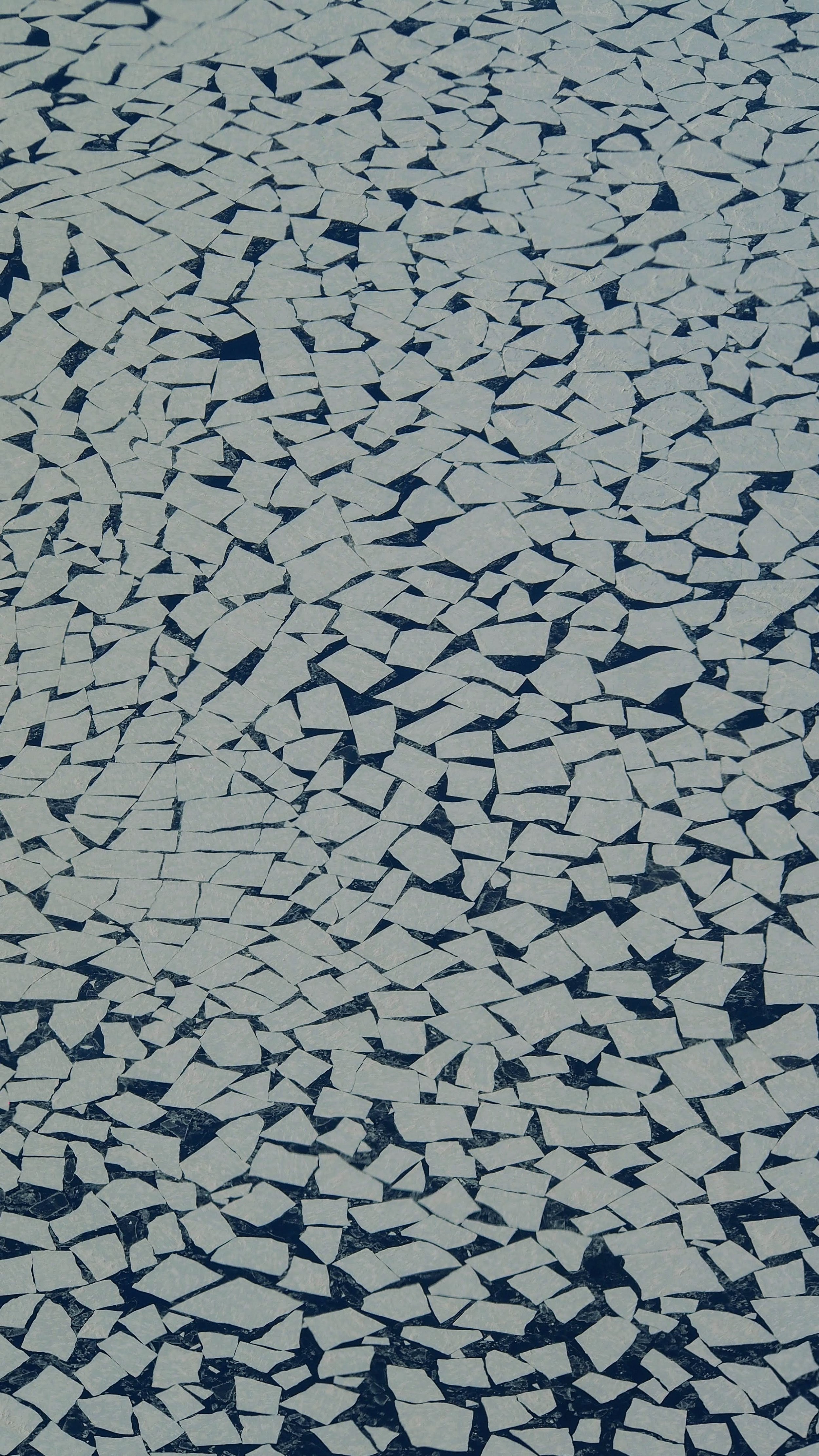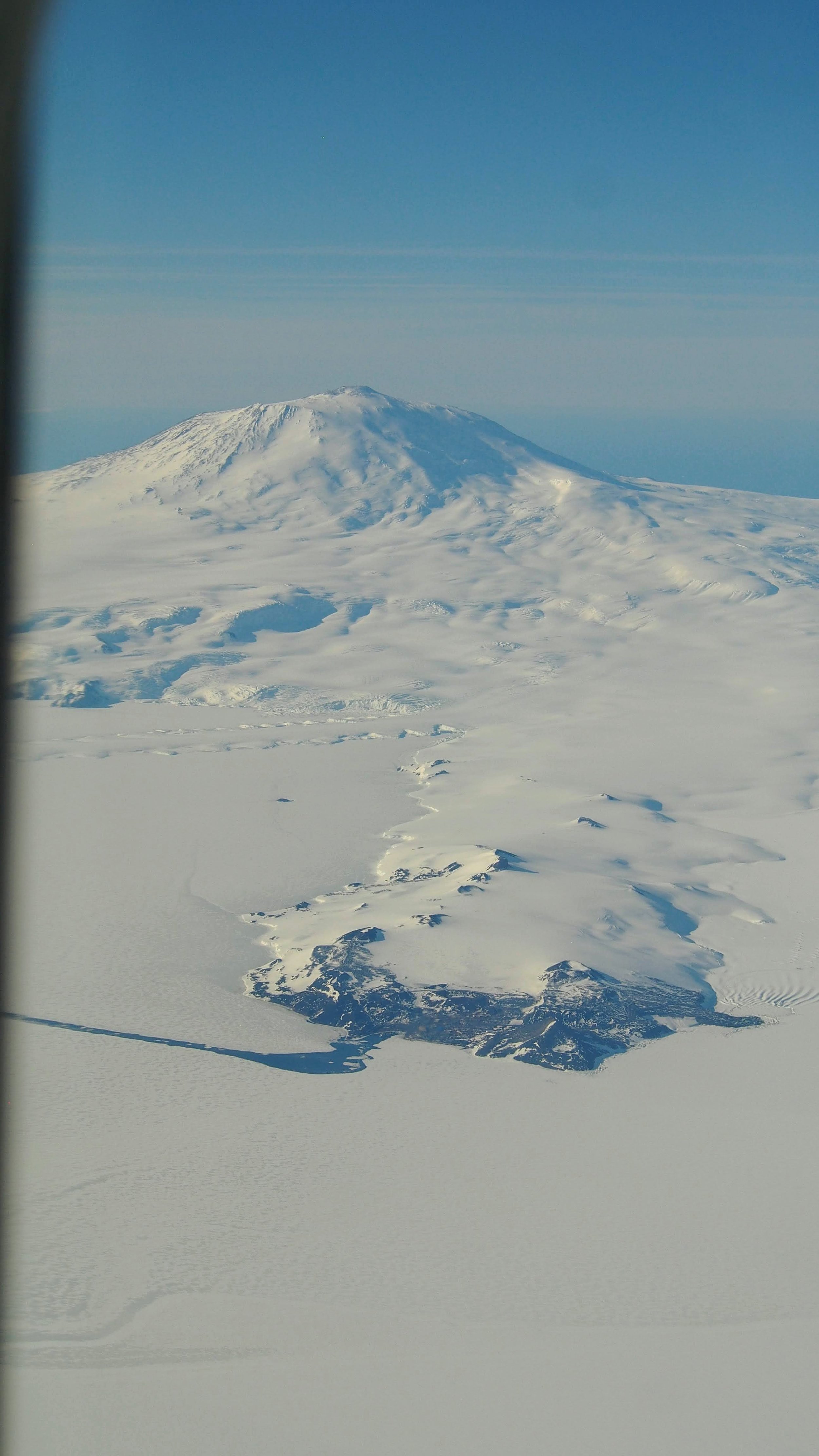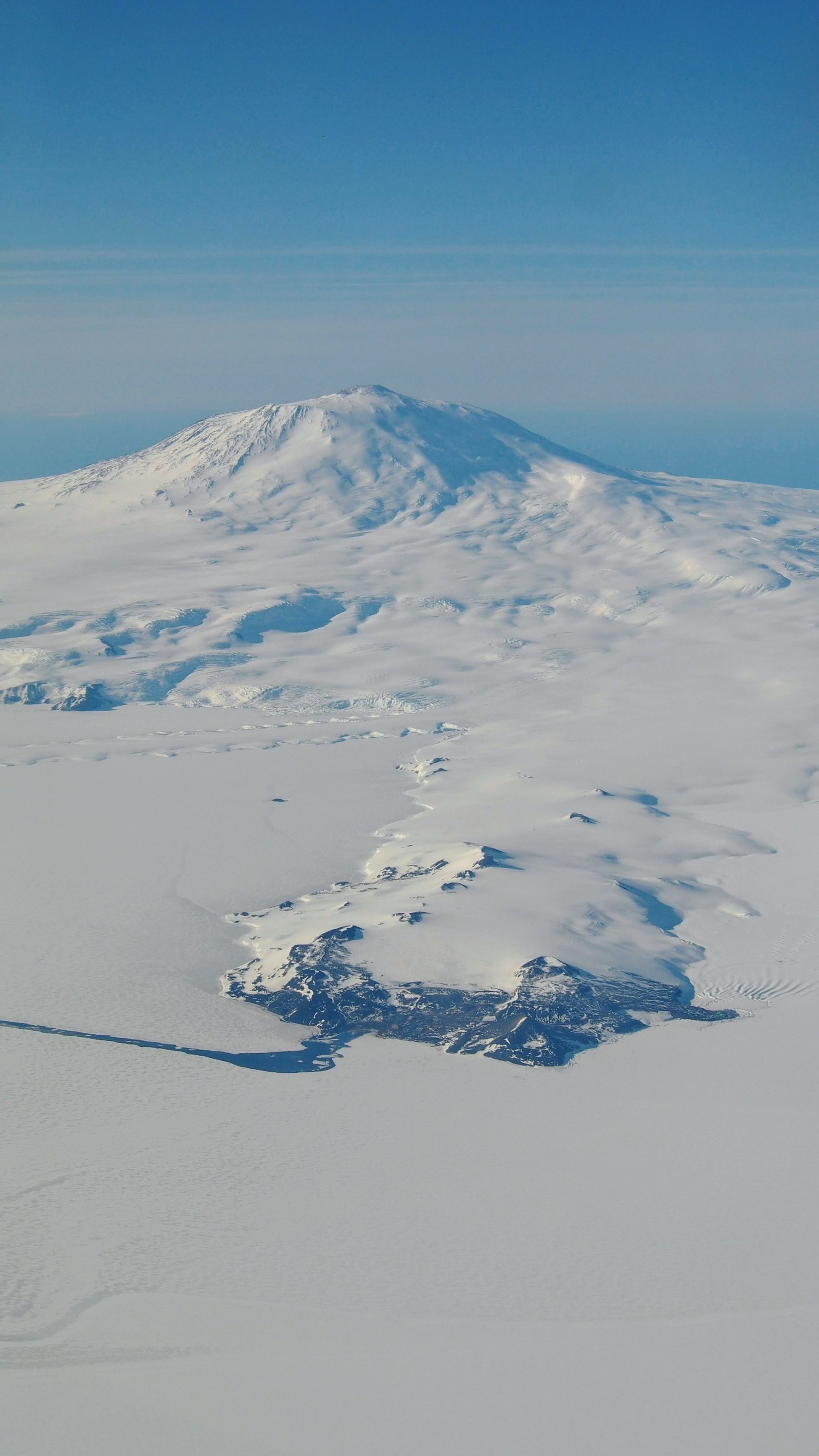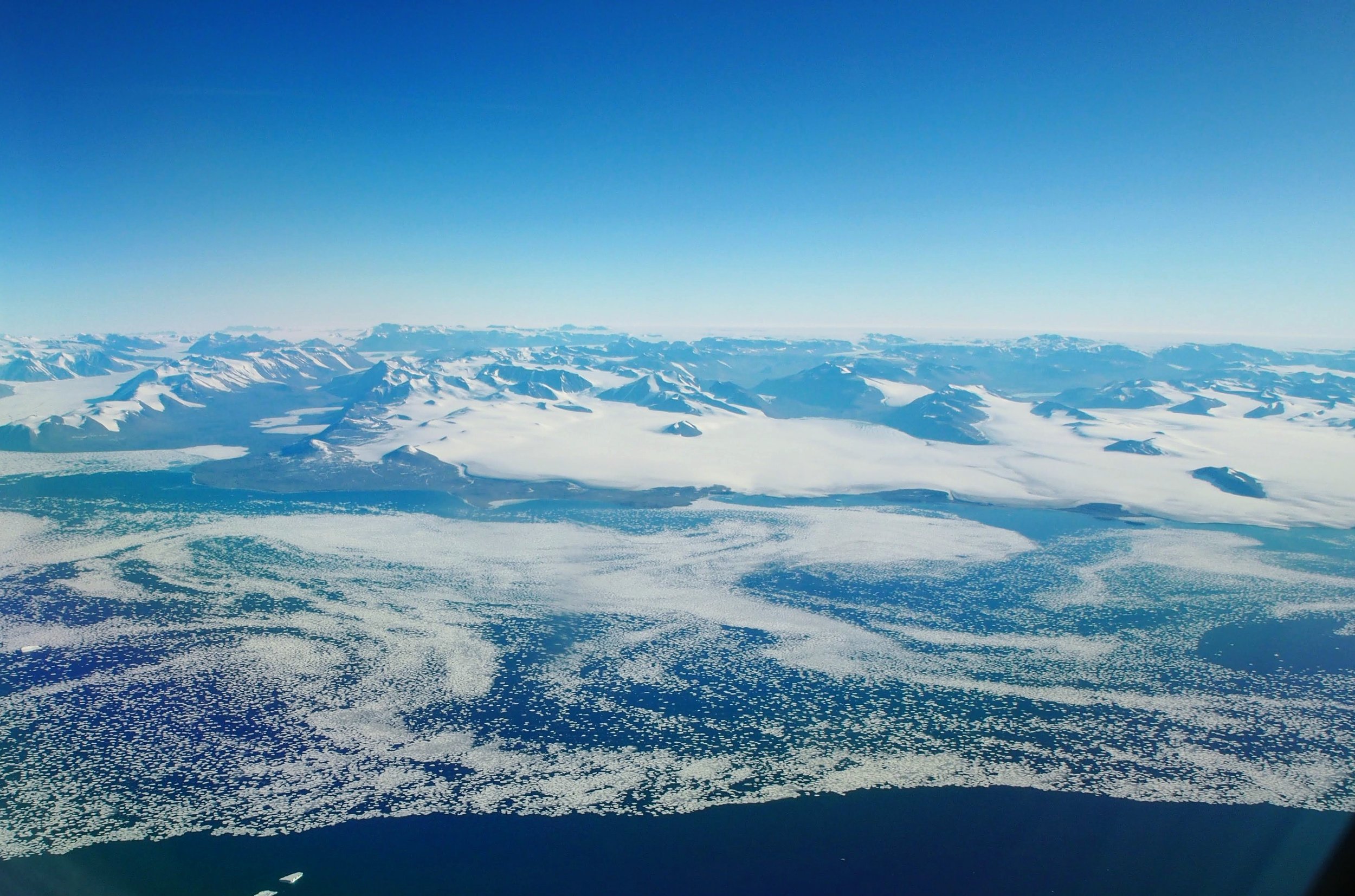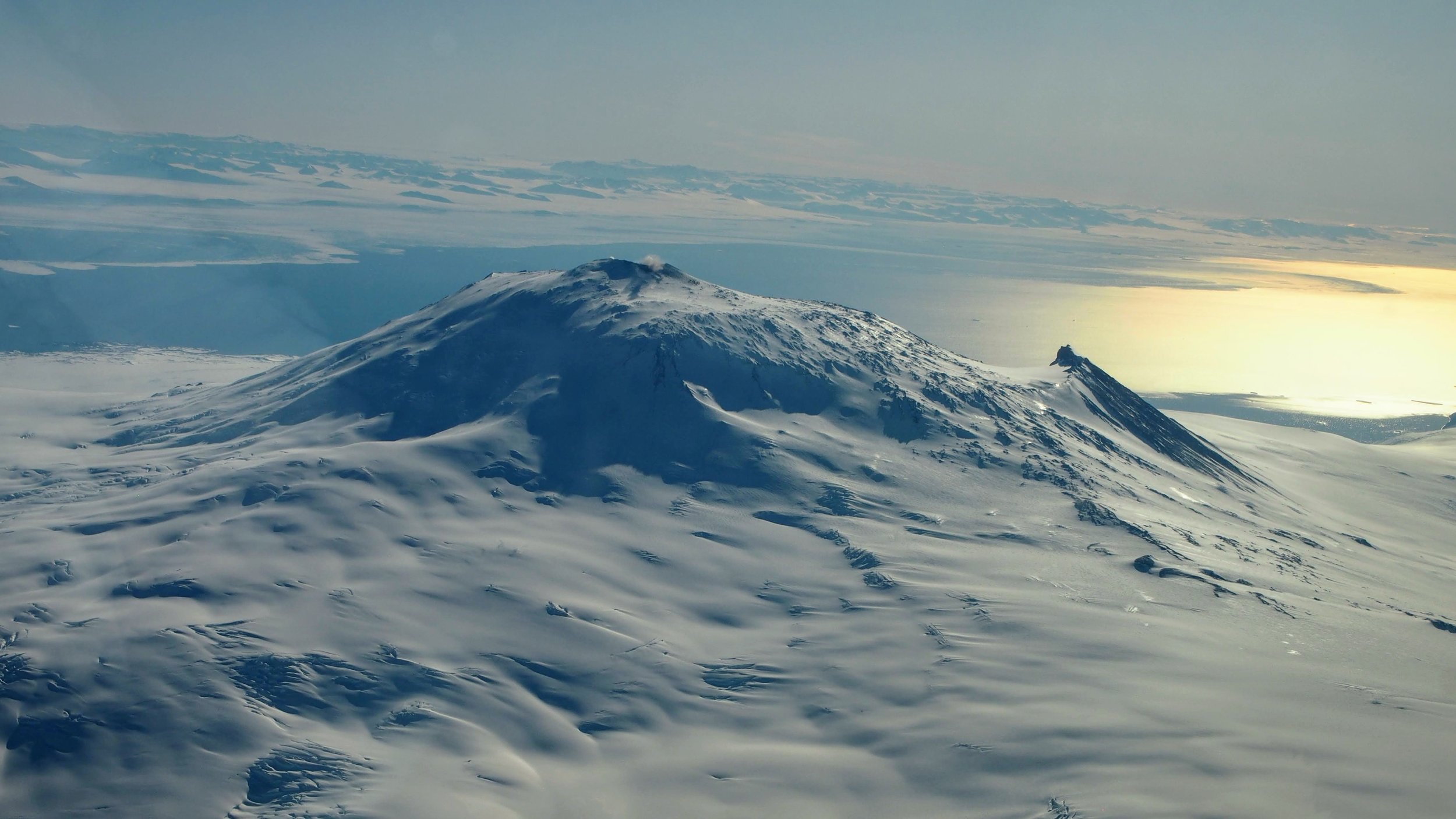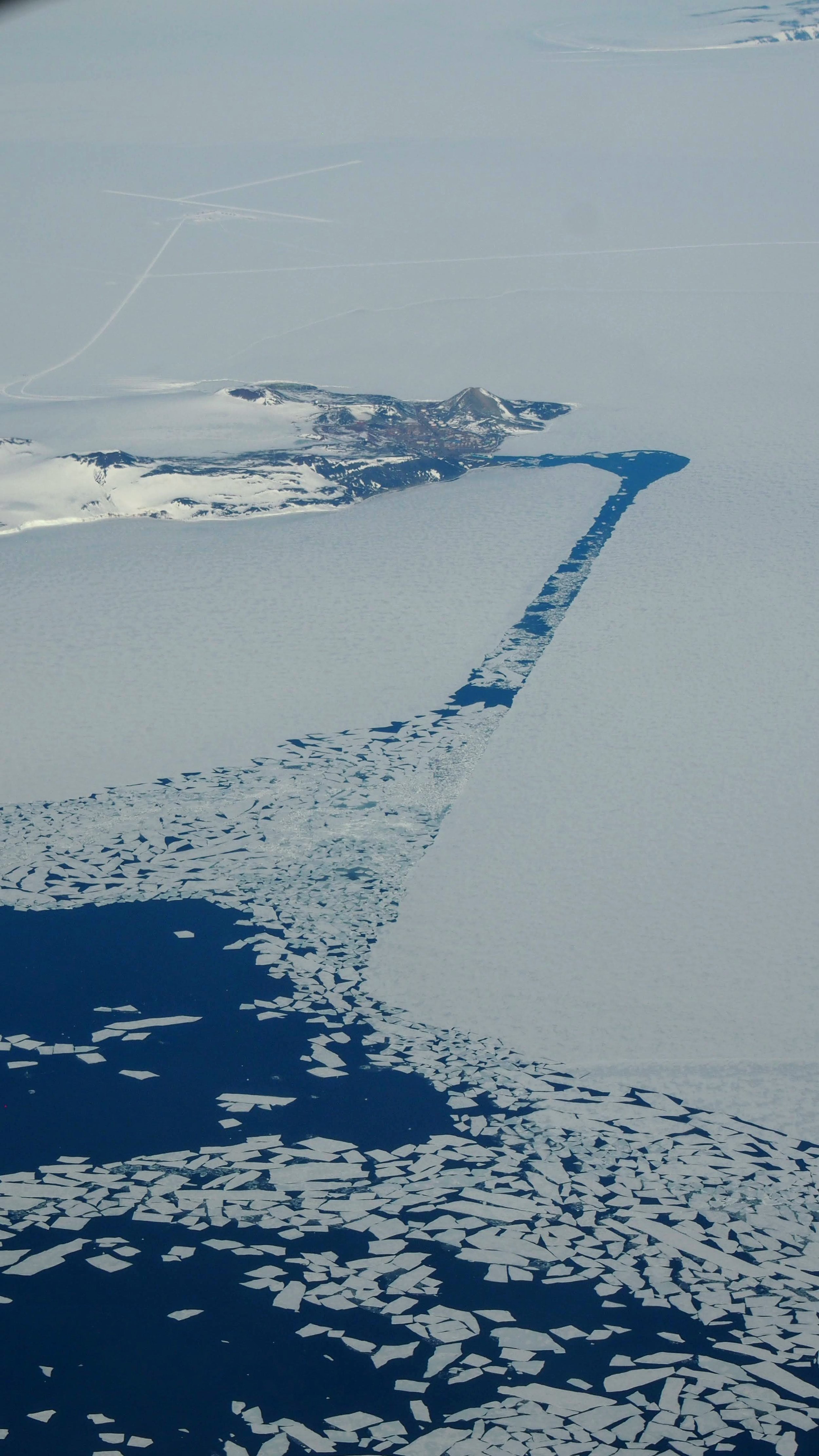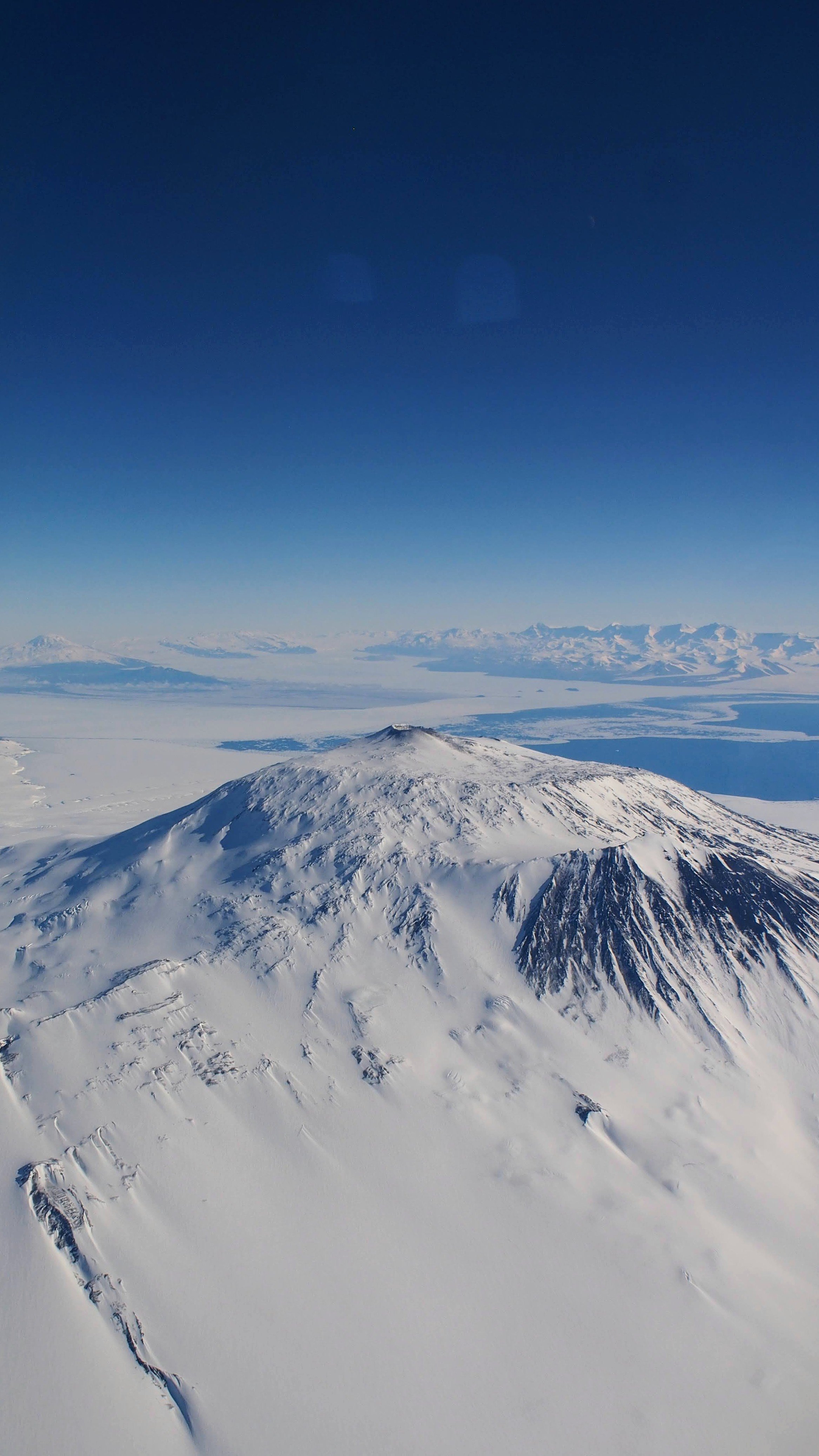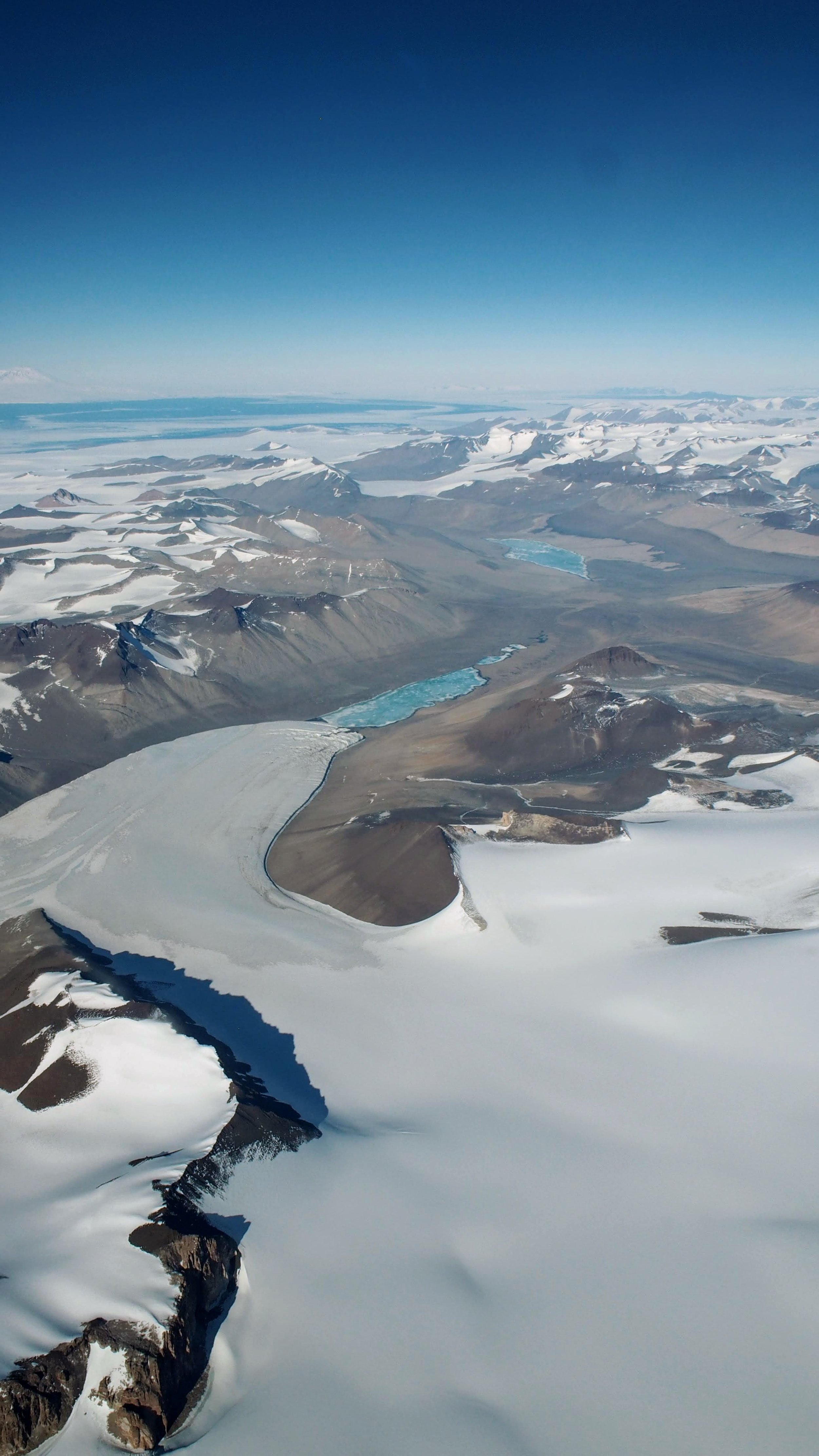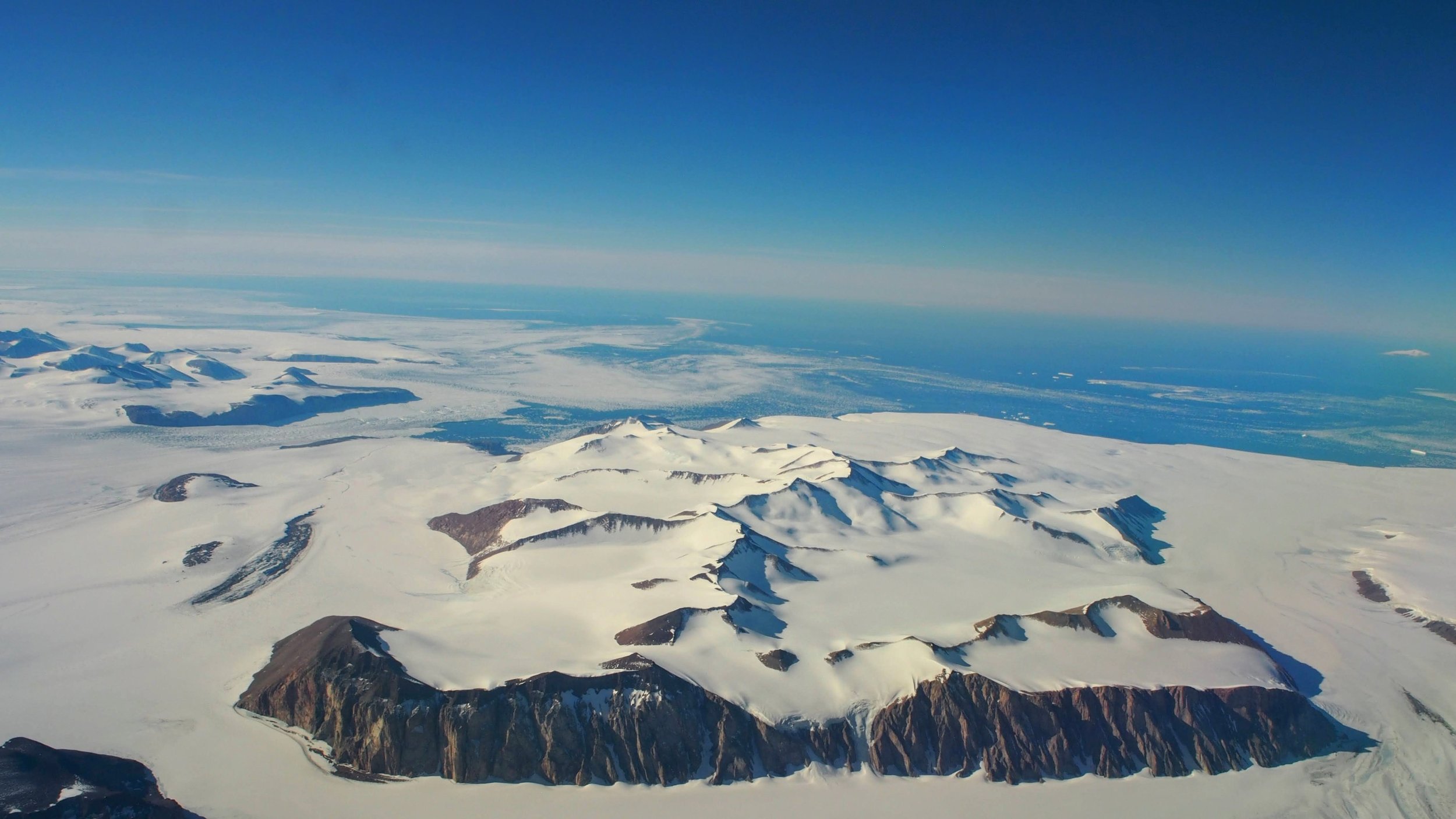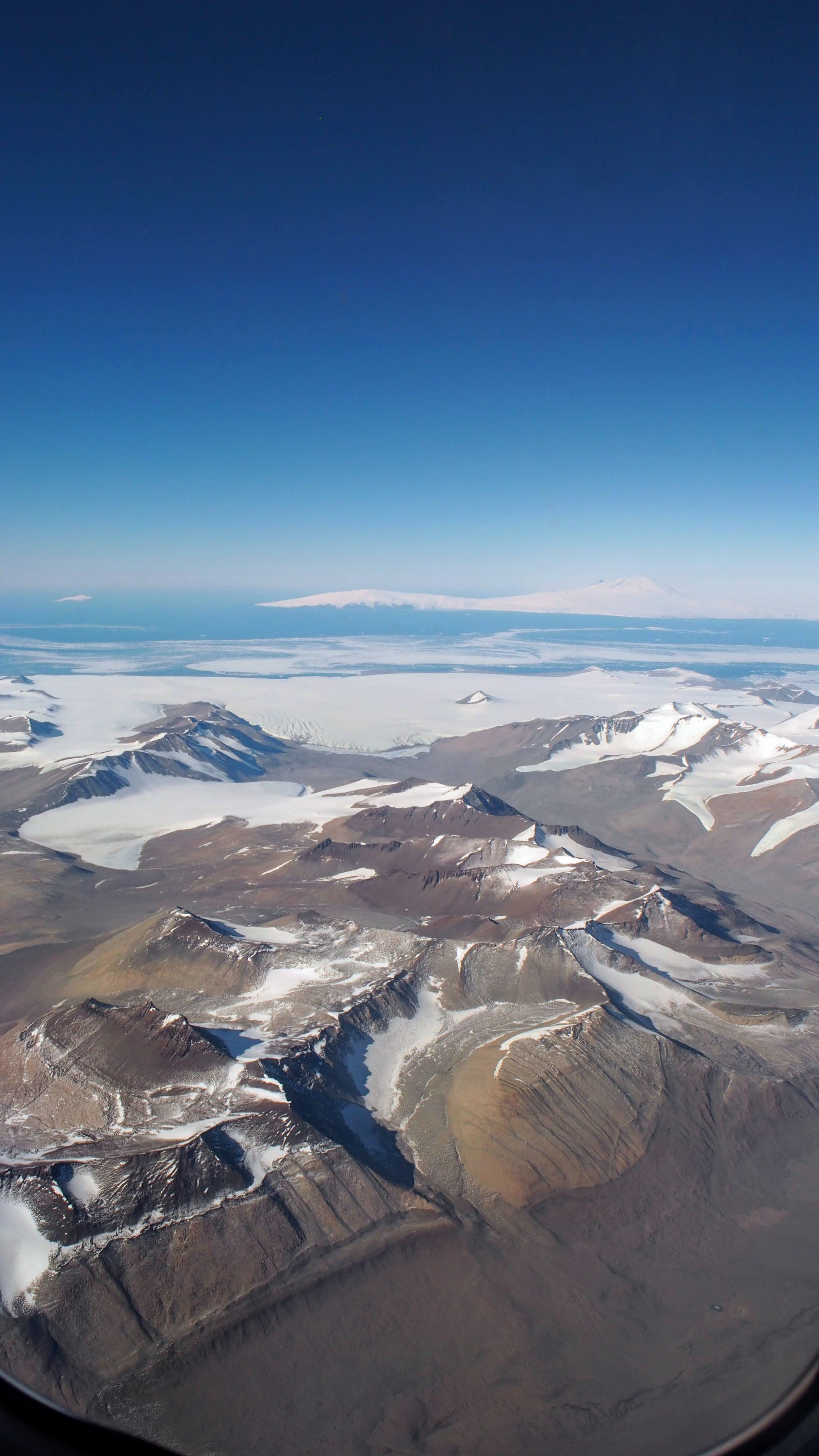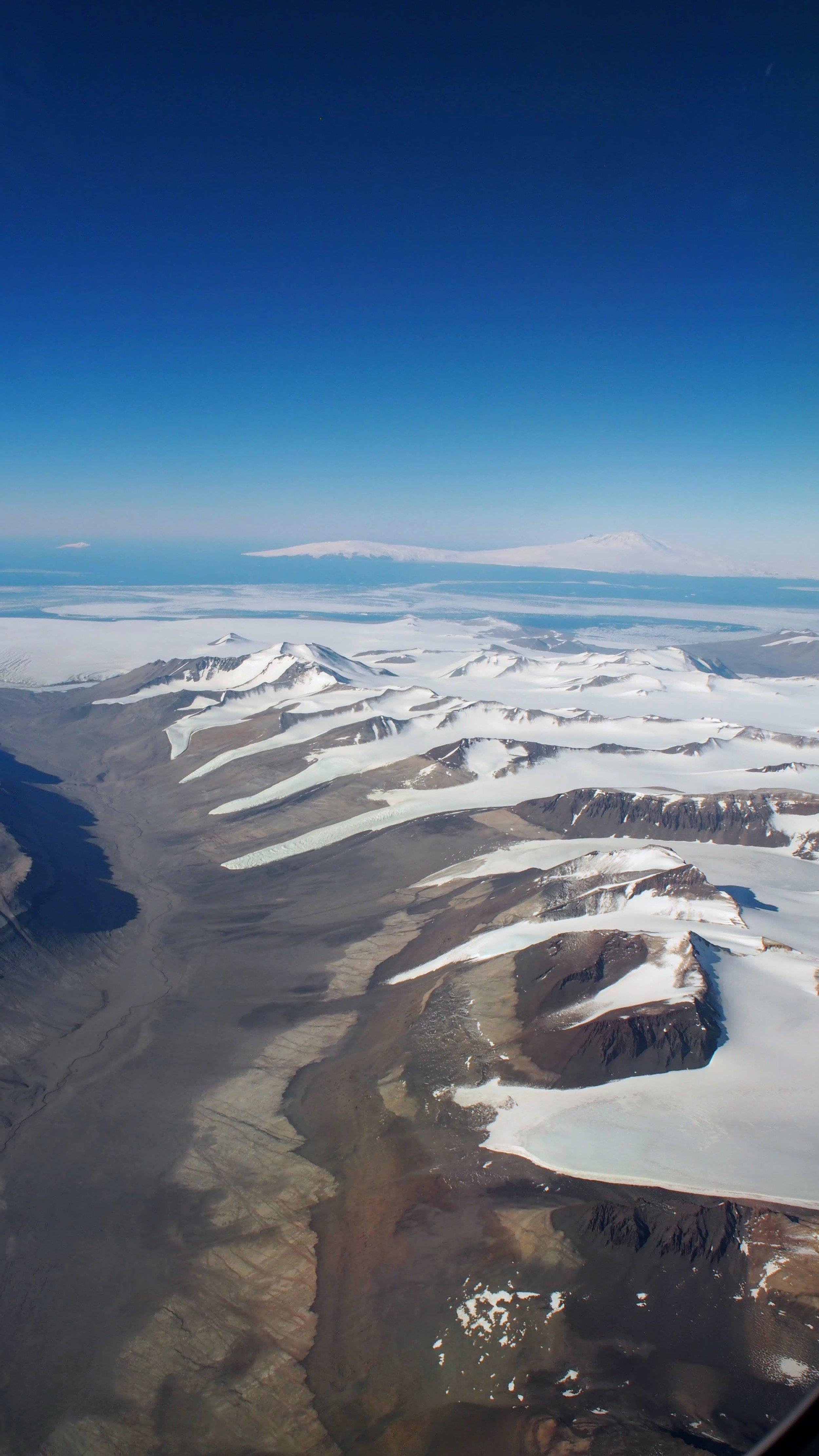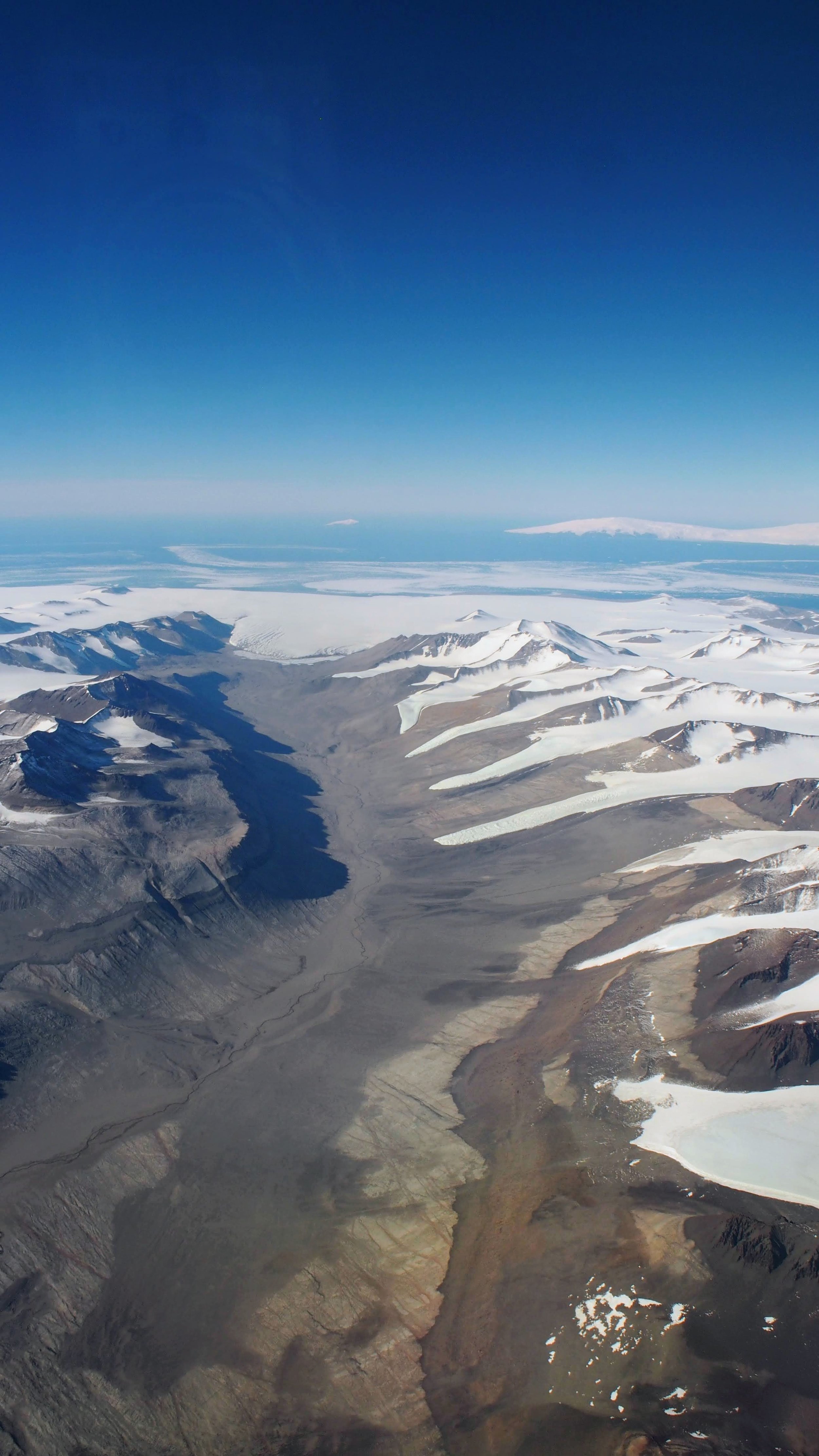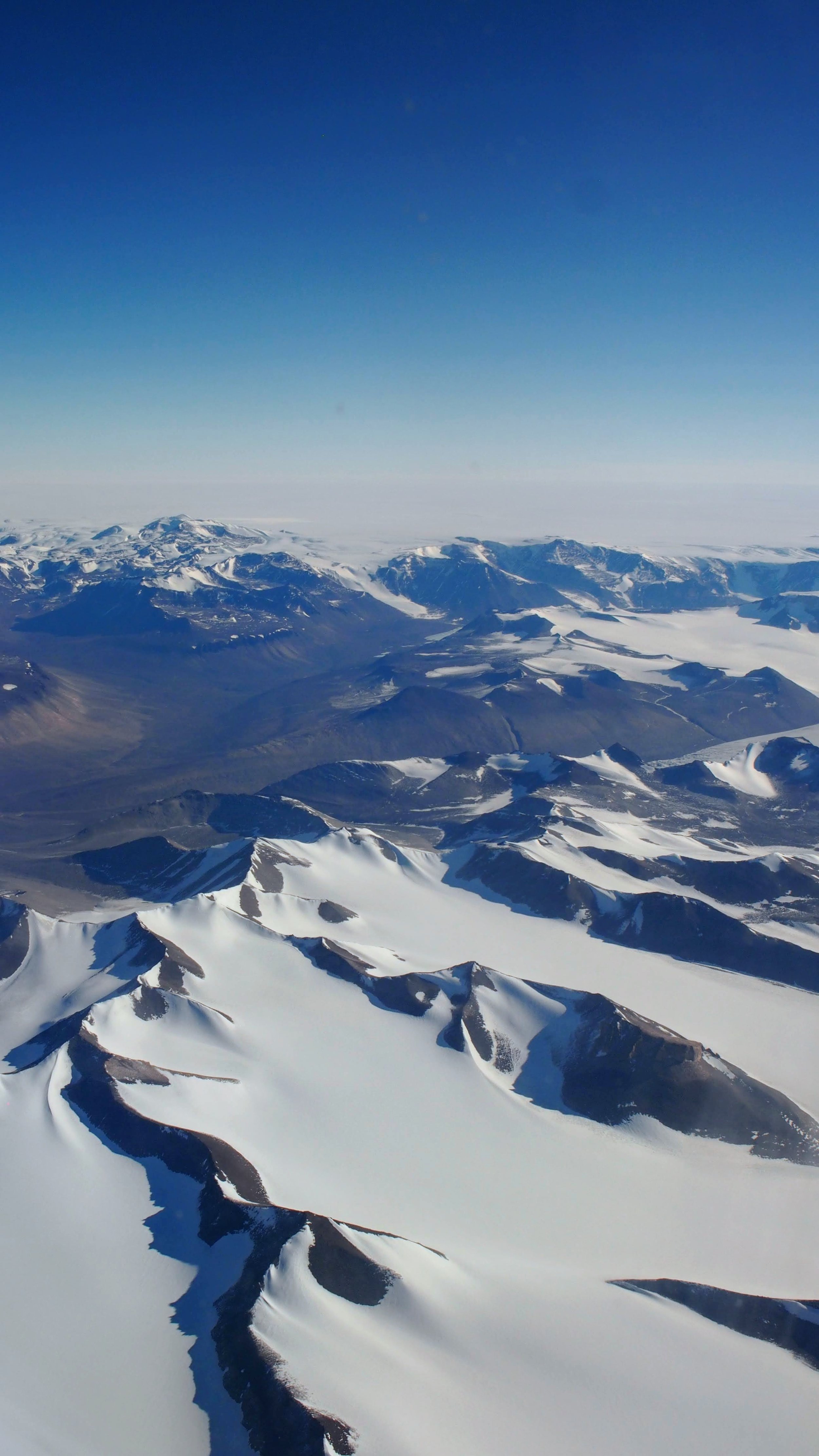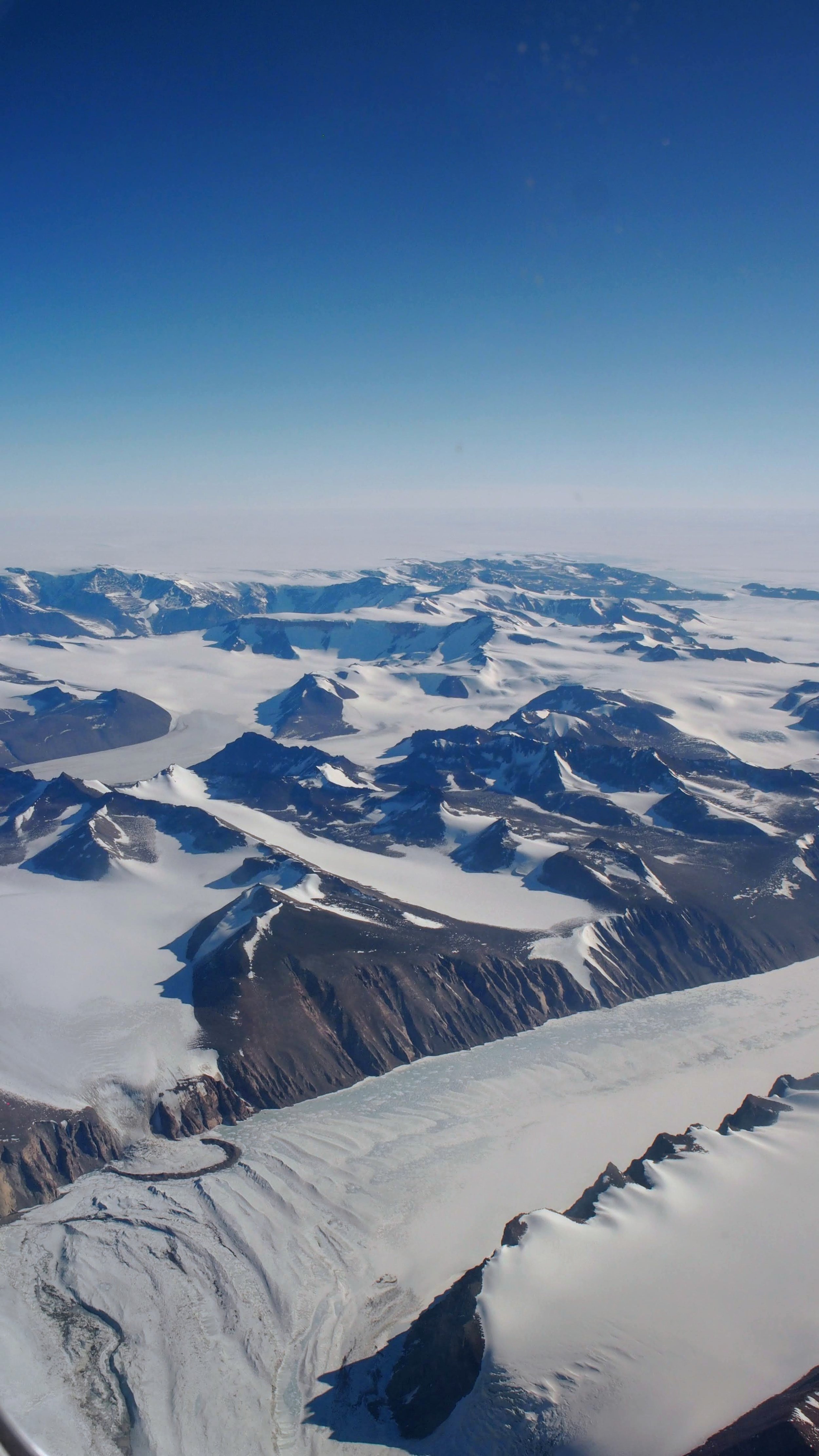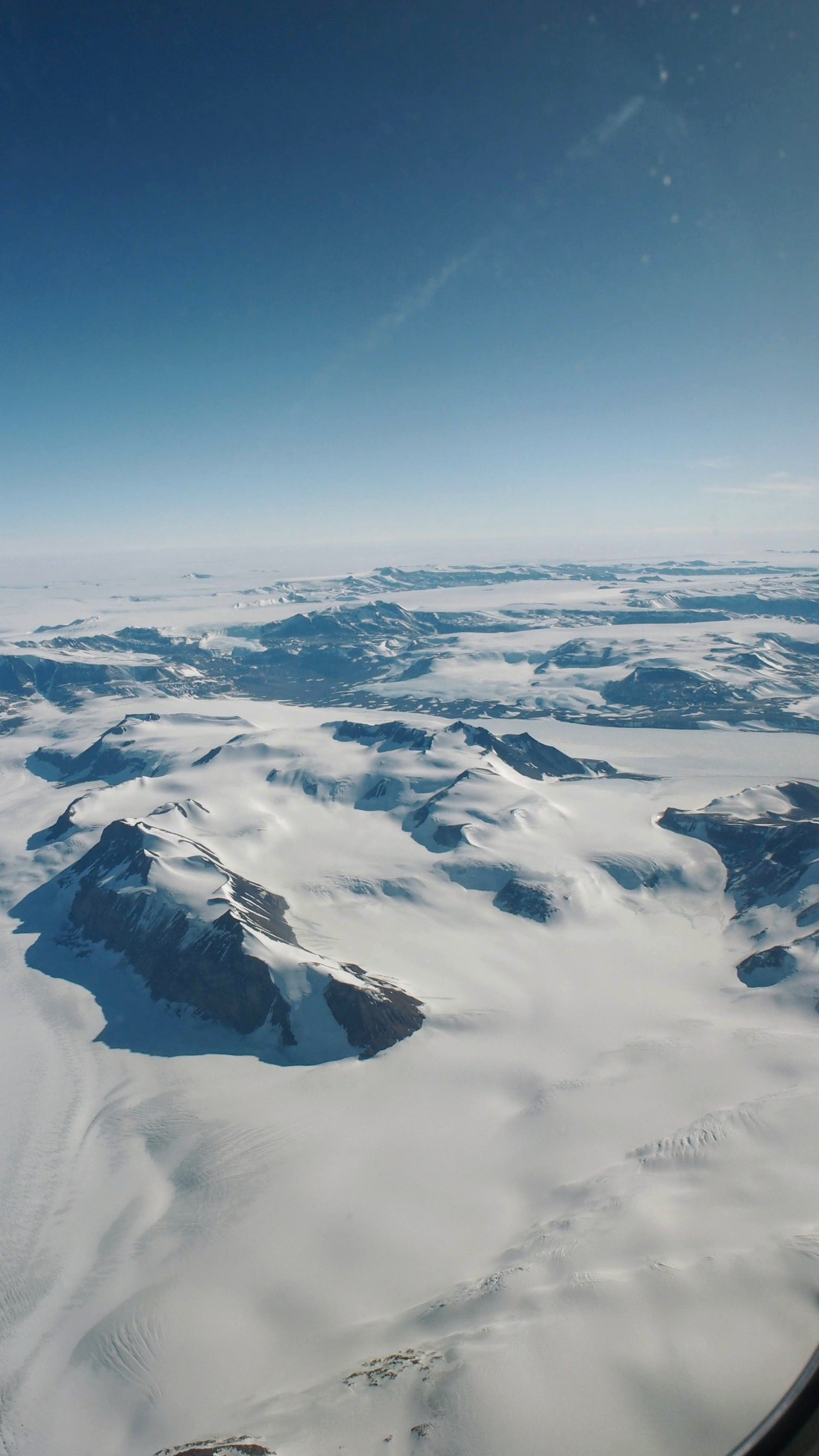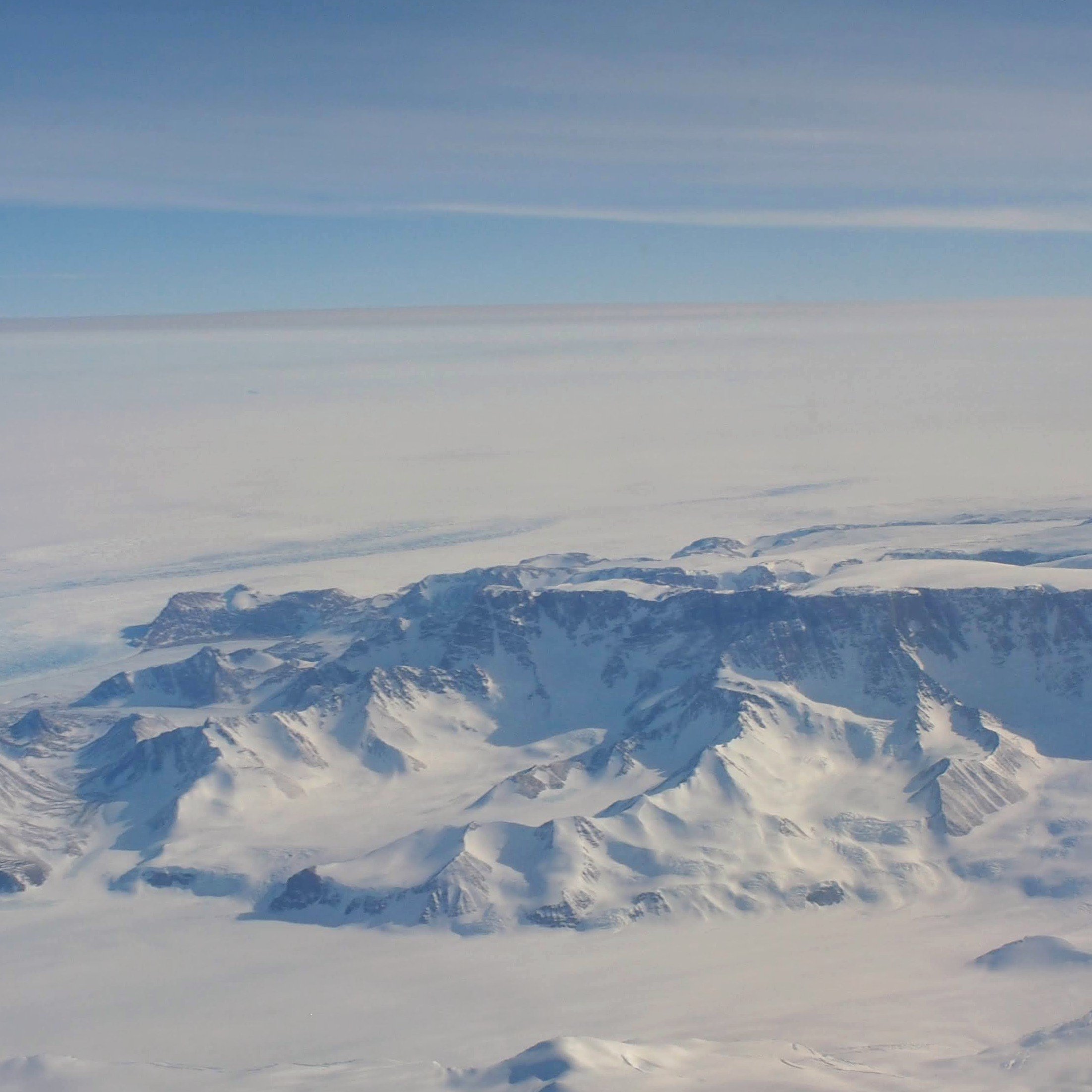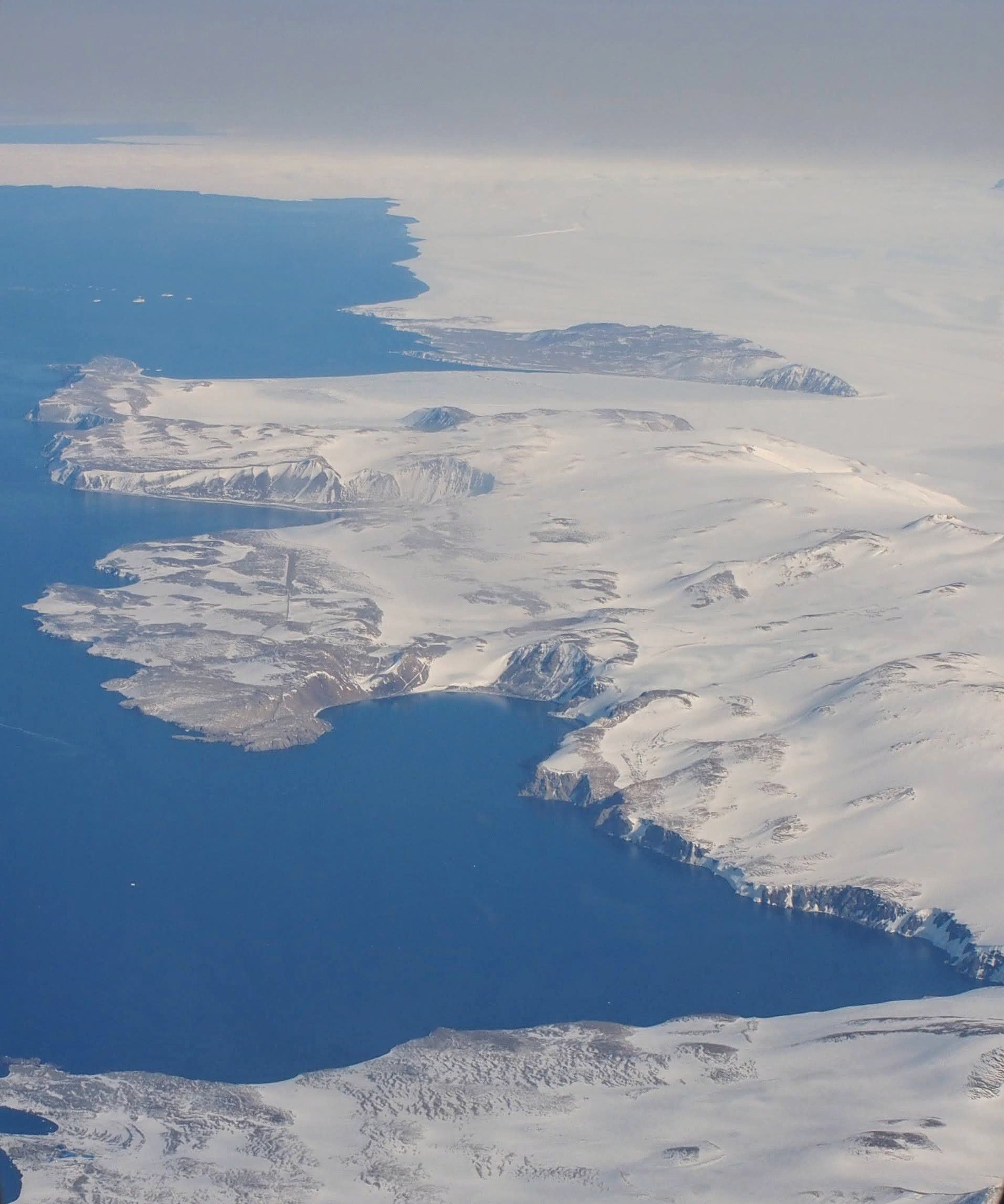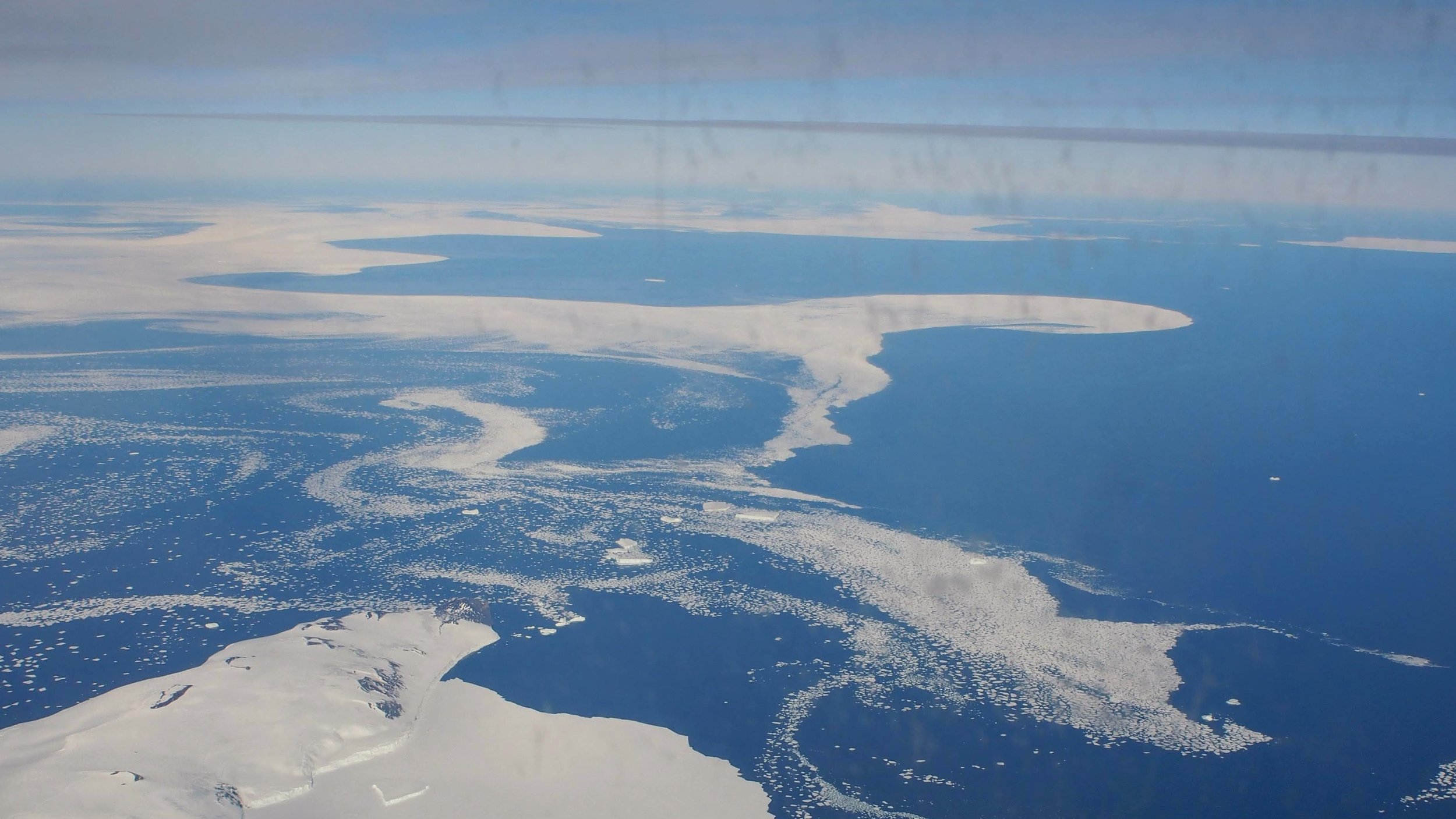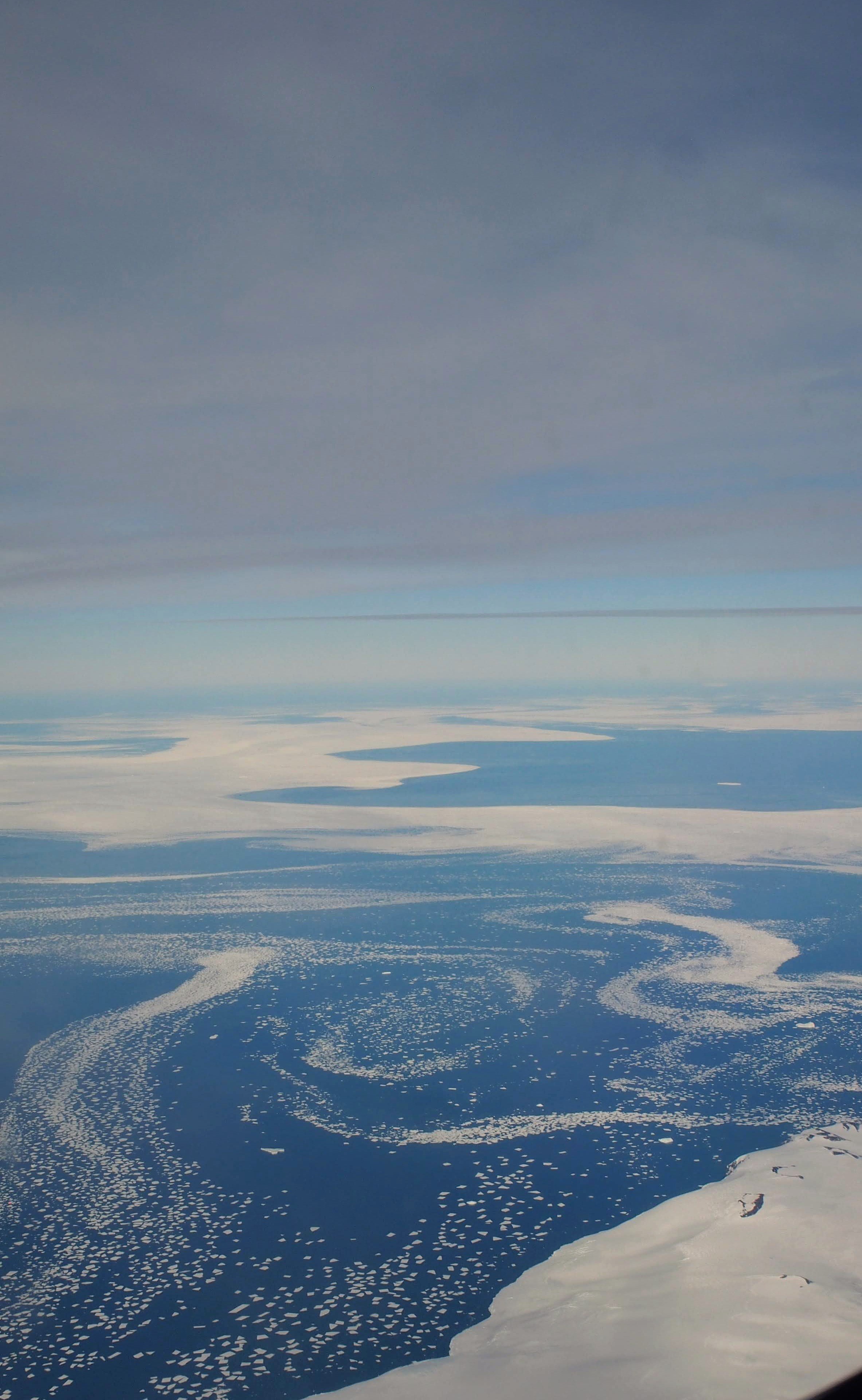Dr Angelique Ray
Affiliation with Antarctic Science Foundation
“Traversing The Covid Gap” Grant Recipient 2020
ASF Ambassador on Antarctica Flights 2023/24
PhD Thesis
Diversity, distribution and significance of atmospheric chemosynthesis across three poles.
More about Angelique
Angelique joined the Ferrari lab in 2017 as an honours student and completed her Bachelor of Advanced Science (Biotechnology) that same year. Her PhD was submitted in 2022, and throughout this project she studied the role of trace atmospheric gases in the survival and growth of cold desert microbiomes. As a Research Associate, Angelique is focused upon characterizing novel carbon fixation strategies in bacterial isolates through the implementation of culture-based and bioinformatic techniques. Outside of work, Angelique enjoys bouldering, getting outdoors, and spending time with her dog, Pudding.
In May 2023, Angelique was announced as the recipient of this year’s BQI UNSW Fellowship. This Fellowship is designed to support outstanding young Australian researchers investigating the Big Questions of Science at UNSW.
Impression Antarctica Flight 04-Feb 2024
Photos by Dr Angelique Ray
Publications
Ray AE, Zaugg J, Benaud N, Chelliah DS, Bay S, Wong HL, Leung PM, Ji M, Terauds A, Montgomery K, Greening C, Cowan DA, Kong W, Williams TJ, Hugenholtz P, & Ferrari BC (2022). Atmospheric chemosynthesis is phylogenetically and geographically widespread and contributes significantly to carbon fixation throughout cold deserts. The ISME Journal. https://doi.org/10.1038/s41396-022-01298-5
Montgomery K, Williams TJ, Brettle M, Berengut JF, Ray AE, Zhang E, Zaugg J, Hugenholtz P, Ferrari BC (2021) Persistence and resistance: survival mechanisms of Candidatus Dormibacterota from nutrient-poor Antarctic soils. Environmental Microbiology, 23(8), 4276-4294. https://doi.org/10.1111/1462-2920.15610

